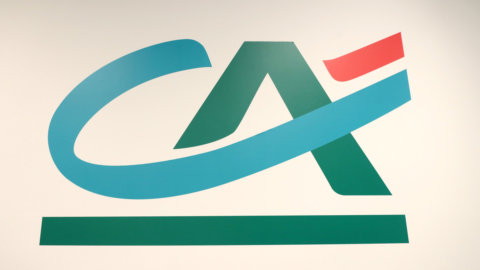Standard & Poor's confirms Fiat's outlook and explains in a note that the latter "reflects our expectations that Fiat will accelerate the integration process with Chrysler during 2014 and will take measures to facilitate cash flow between subsidiaries". S&P believes that the transaction to acquire Fiat's remaining 41,5% interest in Chrysler "will likely lead to an increase in Fiat's net debt, which will be offset by a similar year-on-year decline in net debt-related liabilities." to pensions and other post-employment benefits. We believe Fiat will be able to maintain credit ratios in our aggressive financial risk profile category following the transaction."
S&P also indicates that the acquisition “should provide new impetus to the group's integration initiatives. We think full control will allow the group greater flexibility to use its commercial and industrial strategy on a global basis and could lead to cost savings over time. Full integration will also support Fiat's positioning in the light commercial vehicle and minivan segment and enable cross-selling agreements that should support revenue growth over the next few years. Chrysler's main exposure to the growing North American auto market and the Asian market will also dilute the group's strong exposure to the depressed European mass market.
The agency expects the performance of Fiat in Latin America and that of Chrysler in North America to support operating earnings this year, even as Fiat will continue to suffer from industrial overcapacities and underutilization of its European manufacturing sites. Fiat's liquidity is also rated "adequate" by S&P, which could upgrade Lingotto's rating if the items contributing to Fiat's credit metric improve on a sustainable basis and if the group shows continued moderation in external growth and payments to shareholders”.





